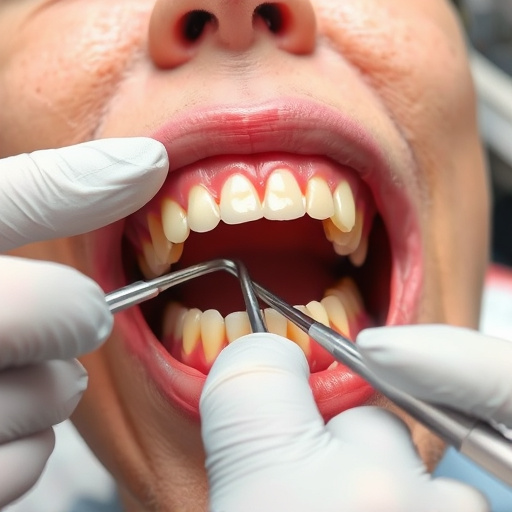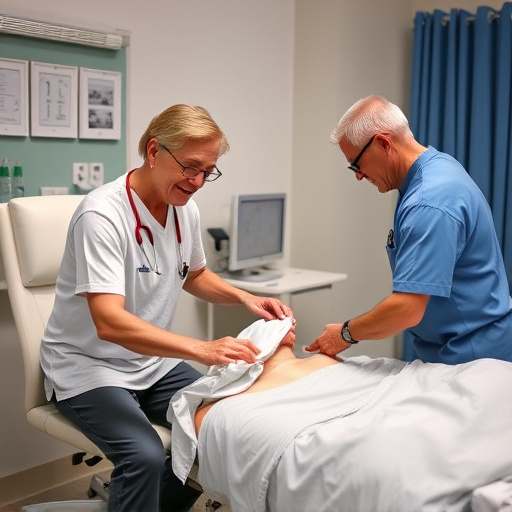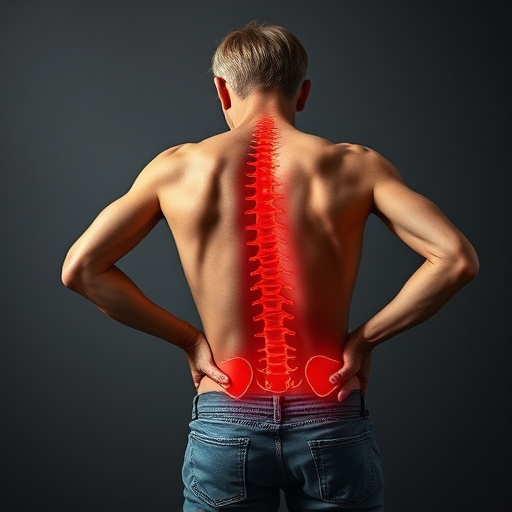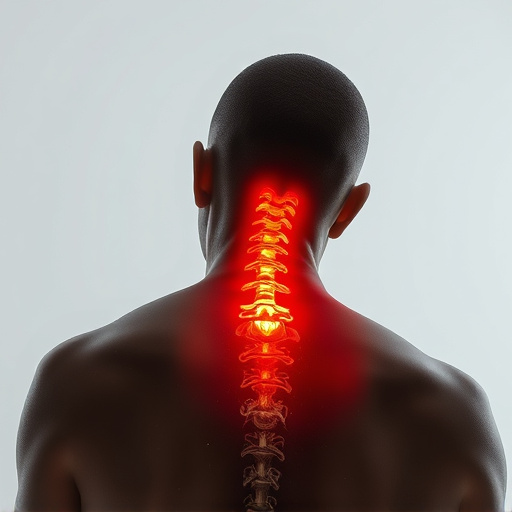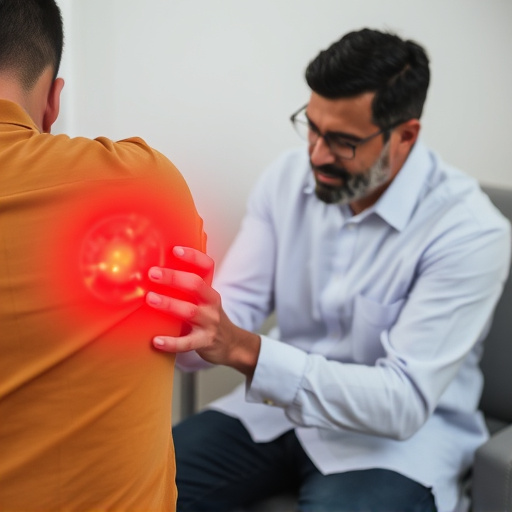Motor vehicle accident care involves a multifaceted approach with physical rehabilitation as a key component. This includes personalized treatment plans focusing on pain management, improved mobility, and independence through techniques like chiropractic adjustments. Psychological support is vital to address anxiety, depression, and PTSD, which can lower quality of life. Financial planning is essential due to potential costs of specialized treatments like therapeutic exercises, managing medical bills, and seeking compensation for long-term care needs.
After a motor vehicle accident, comprehensive care programs offer vital support for physical, mental, and financial recovery. This article delves into the long-term outcomes of these programs, focusing on key aspects such as physical rehabilitation paths, psychological impact and support systems, and the financial implications for individuals navigating their journey to full recovery. Understanding these outcomes is essential for both victims and healthcare providers aiming to ensure holistic care and optimal healing.
- Physical Rehabilitation and Recovery Paths
- Psychological Impact and Support Systems
- Long-Term Financial Implications and Planning
Physical Rehabilitation and Recovery Paths
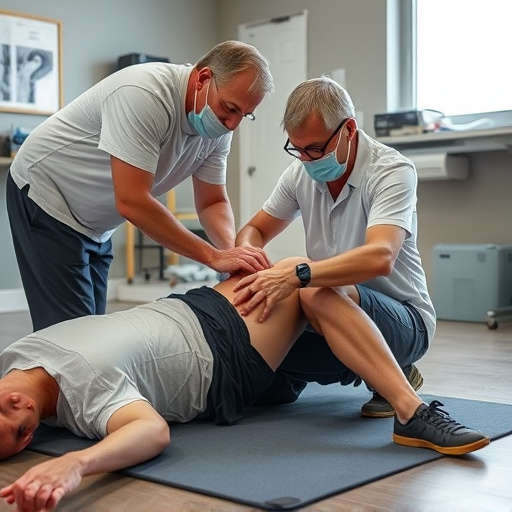
Recovering from a motor vehicle accident often involves a complex journey through various stages of care and rehabilitation. One significant aspect is physical rehabilitation, designed to help individuals regain mobility, strength, and function after an injury. This process typically begins with an extensive assessment to determine the extent of the damage and tailor personalized treatment plans accordingly. The goals are multifaceted, including pain management, improved movement, and the restoration of independence.
Chiropractic treatment and spinal adjustments play a crucial role in many recovery paths. These non-invasive techniques focus on realigning the spine to reduce pain, improve nerve function, and enhance overall physical well-being. As with any rehabilitation program, consistency and adherence are key to achieving positive long-term outcomes. Personalized treatment plans that consider individual needs and preferences can significantly impact a patient’s recovery and satisfaction following a motor vehicle accident.
Psychological Impact and Support Systems
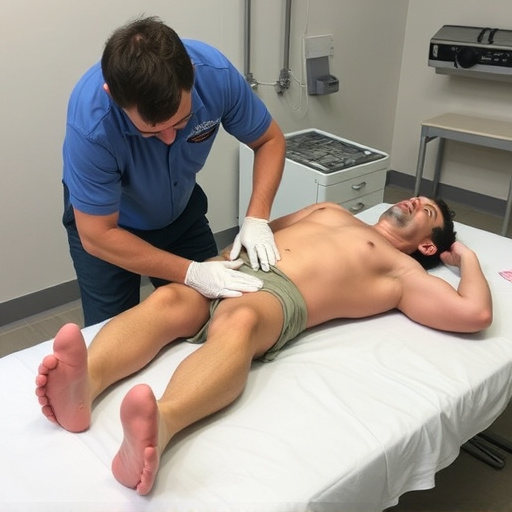
Motor vehicle accidents can have profound psychological effects on victims, often leading to long-term emotional and mental health challenges. The initial shock and trauma can be followed by a range of issues, from anxiety and depression to post-traumatic stress disorder (PTSD). These conditions may persist for months or even years if left untreated, significantly impacting an individual’s quality of life.
Support systems play a crucial role in the recovery process. Family, friends, and professional networks can provide emotional backing, encouragement, and practical assistance. Access to specialized care, such as post-accident rehabilitation services and personal injury chiropractic treatments including spinal adjustment, can help manage physical injuries and alleviate psychological stress. Such interventions are vital in helping individuals navigate the complexities of motor vehicle accident care and fostering a sense of resilience during their journey to recovery.
Long-Term Financial Implications and Planning
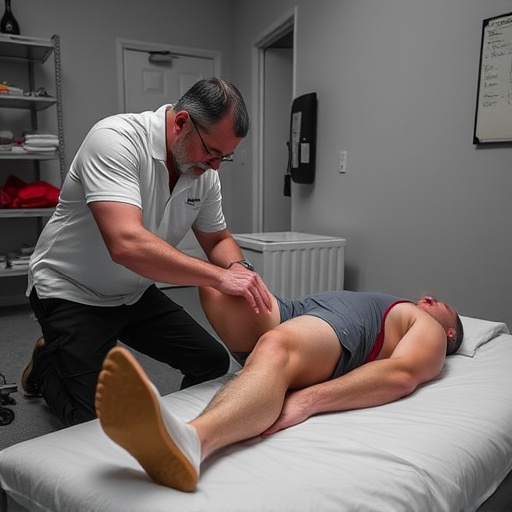
After a motor vehicle accident, individuals often face significant financial challenges that extend far beyond immediate medical care. Long-term outcomes can include substantial costs associated with ongoing rehabilitation and therapy, which are essential components of auto accident recovery. Many victims require specialized treatments like therapeutic exercises to aid in muscle recovery, especially if they suffer from chronic pain or permanent disabilities. These treatments, while crucial for a full recovery, can be expensive and often aren’t fully covered by initial insurance claims.
Planning for these financial implications is vital for ensuring stability after a motor vehicle accident. Individuals should explore all available options, including insurance benefits, legal settlements, and government assistance programs. Building an extensive support network can also help navigate the complex process of managing medical bills and seeking compensation for long-term care needs related to auto accident recovery.
Motor vehicle accidents can significantly impact an individual’s life, but with comprehensive care programs encompassing physical rehabilitation, psychological support, and financial planning, long-term outcomes can be improved. By addressing these key areas, victims can navigate their recovery journey more effectively, ensuring a better quality of life for the future. This holistic approach to motor vehicle accident care is essential in fostering resilience and empowering individuals to rebuild their lives post-injury.






